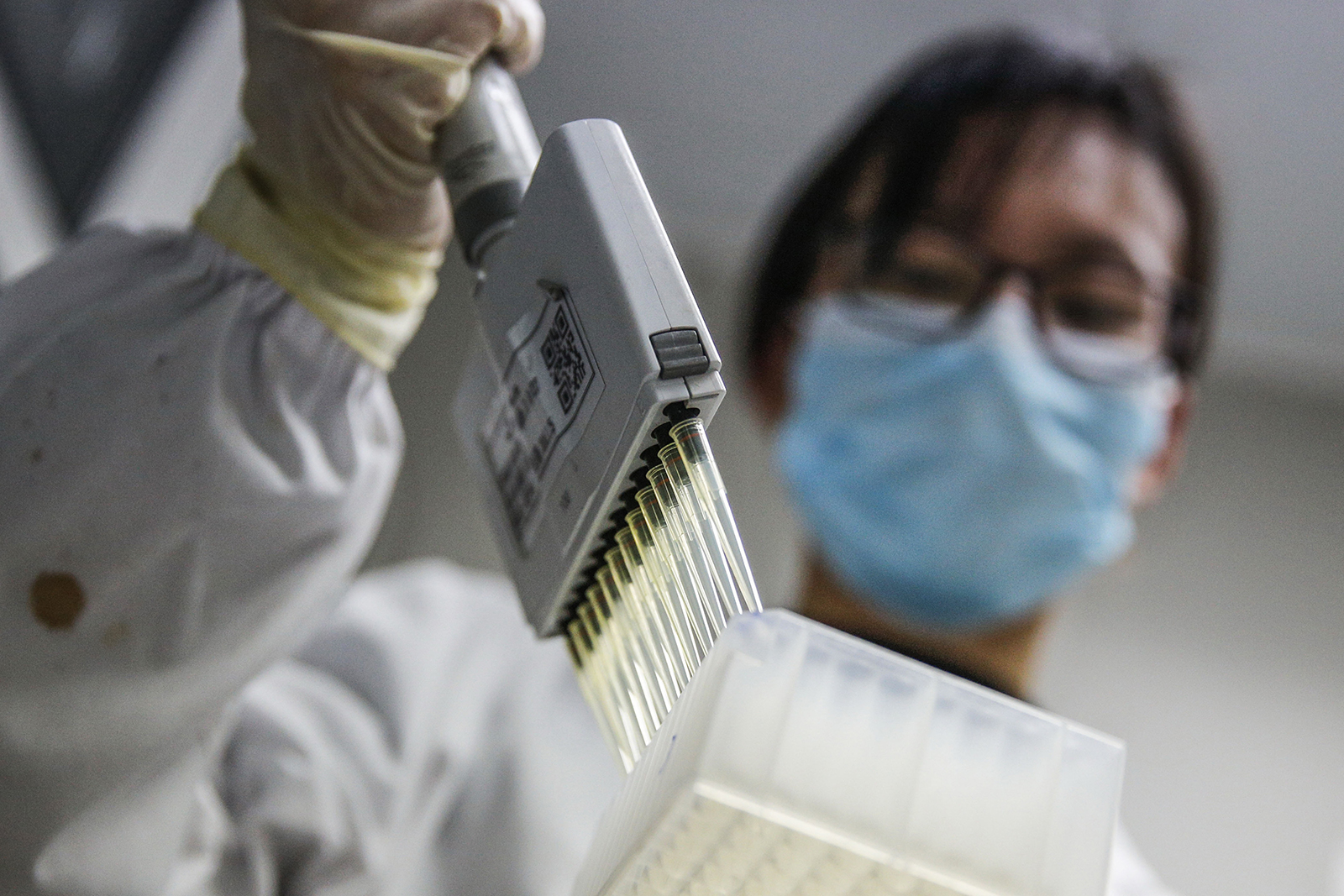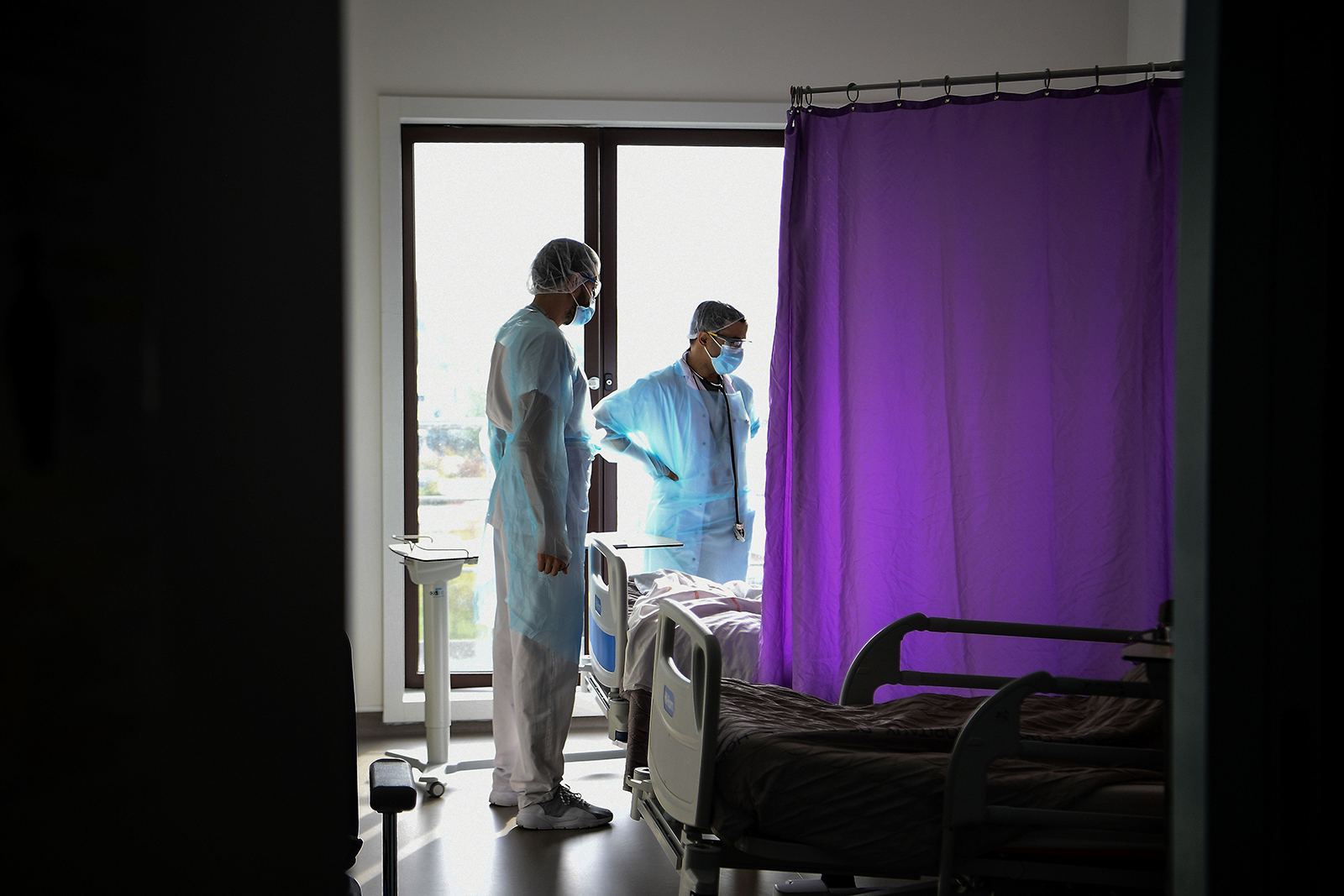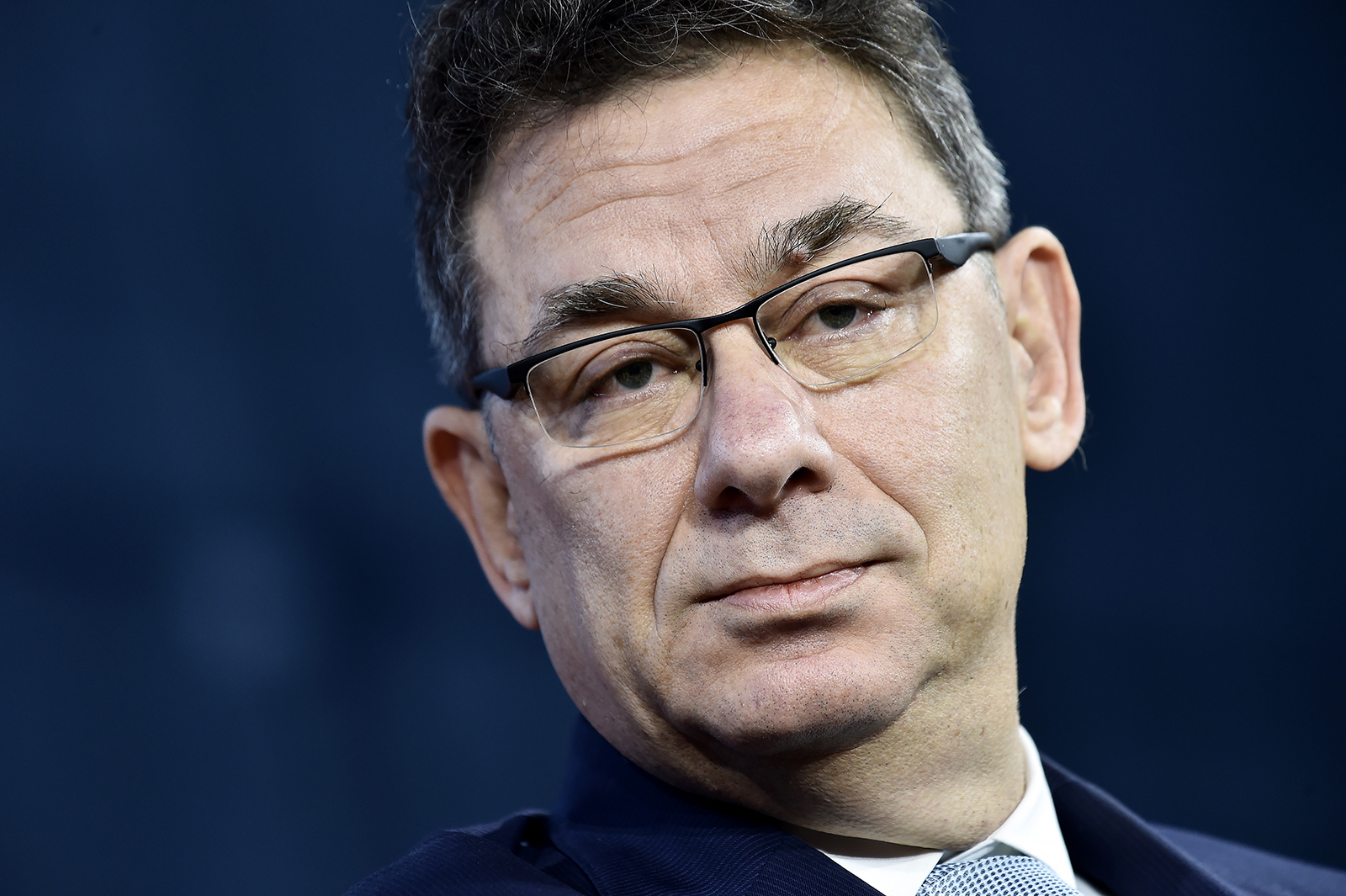The US Food and Drug Administration has called for a meeting of its vaccine advisory committee in three weeks to consider whether the agency should authorize two Covid-19 vaccines, according to a source familiar with the process.
The FDA reached out last week to members of its Vaccines and Related Biological Products Advisory Committee, a group of outside experts, asking them to hold Dec. 8, 9 and 10 for meetings, according to the source.
The agency could make a decision at the end of the meeting on Dec. 10 about whether to issue emergency use authorizations for the vaccines, the source said.
Two companies, Pfizer and Moderna, say they will soon apply to the FDA for authorization for their Covid-19 vaccines, both of which have shown in initial data to be more than 90% effective against Covid-19.
“It will make sense that in all likelihood the FDA will consider both applications together,” the source said, considering that both vaccines use the same technology and appear to have very similar safety and efficacy results from their large-scale Phase 3 clinical trials.
If the FDA authorizes the vaccines, they can then be immediately distributed to states, according to a presentation made last month at the US Centers for Disease Control and Prevention.
However, no one can be vaccinated until a CDC advisory committee reviews the data, recommends the vaccine, and says which groups will receive it first.
If the FDA authorizes the vaccines, the CDC’s Advisory Committee on Immunization Practices (ACIP), an independent panel of experts, will meet within 24 to 48 hours, according to a CDC spokesperson.
At that meeting, the committee will determine if everyone should get the vaccine, or if some people should be excluded. It will also decide which groups should get the vaccine first.
“We have all been alerted on ACIP we should be very flexible with our calendars because it’s likely there won’t be a lot of advanced notice given for this meeting. It will be done very, very quickly,” said Dr. William Schaffner, a committee member.
Once ACIP issues its recommendations, vaccinations can be given.
Next steps: The nation’s top infectious disease physician, Dr. Anthony Fauci, told CNN earlier this week the first vaccinations in the US could take place “towards the latter part of December.”
States are currently working out the details of running vaccination clinics. The Pfizer vaccine is particularly complicated, since it must be stored at minus 75 degrees Celsius, and doctors’ offices and pharmacies typically do not have freezers that go that low.
The first groups expected to receive the vaccine are health care workers, the elderly, essential workers such as police officers, and those with underlying medical conditions.








